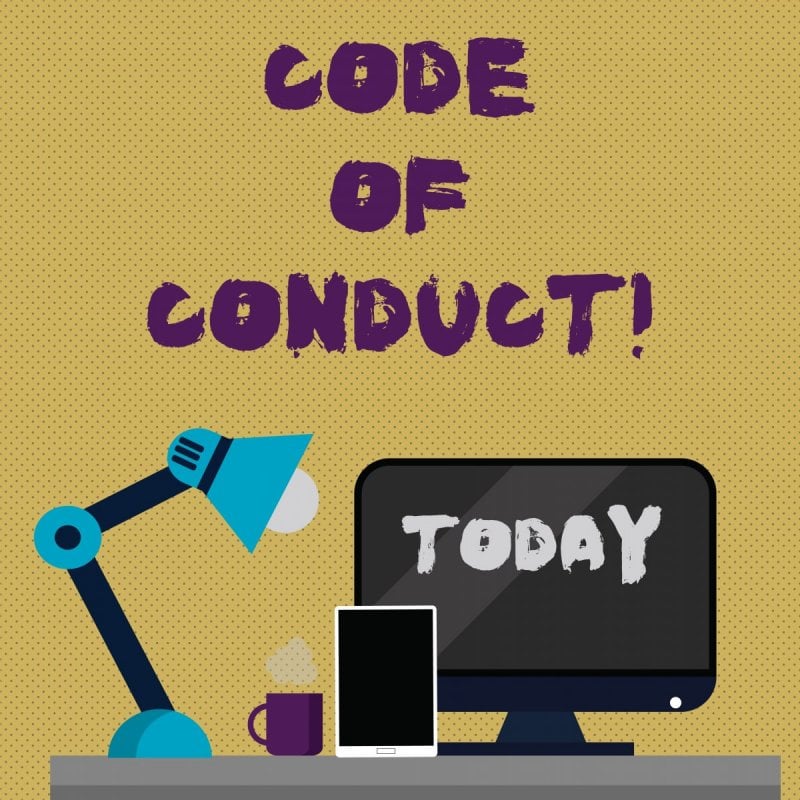Denverbbb.org is no longer available here. Please try bbb.org/local-bbb/bbb-of-denver-and-boulder instead.
Fair and Honest Business Behavior: How Is This Controlled in the U.S.?
At the heart of business ethics lies honesty and fairness. Honesty refers to truthfulness, which involves openly disclosing useful data, such as financial information, product ingredients, and important news to all stakeholders of a given business. On the other hand, fairness means treating the stakeholders with a performance standard which is in line with the commitment the business has made. In other words, it means giving patrons value for their money and providing business employees with a healthy working environment. Thus, ethics in business has a lot to do with being fair and honest to employees, consumers, and even competitors.

How Honesty and Fairness Are Regulated in the U.S.
In the United States, the federal government regulates honesty and fairness in business in various core areas, including privacy and data security, environmental impact, and advertising. Depending where you live, this can also mean that online casinos are regulated at a federal level. Legal online casinos in the United States go out of their way to ensure a safe and fair gaming experience for their clients. This is why so many states have such strict rules attached to the gambling industry. You can find the best online casinos in your state by visiting americancasinoguide.com.
Privacy protection and data security: The Federal Trade Commission monitors businesses to ensure they don’t misuse the information collected from their customers and employees (personal history, credit card numbers, health conditions, name, address, social security number etc). There are heavy fines imposed on businesses which violate privacy and data protection laws.
- Environmental impact: There is the so-called Environmental Protection Agency (EPA), which regulates the impact of businesses on the environment. The agency enforces federal government laws through local agency accountability, frequent inspections, and educational resources.
- Advertising restrictions: The Federal Trade Commission protects consumers against business dishonesty by ensuring that every business in the United States is truthful in the advertisement of its products. Every product must have all important information, such as size, nutrition, and distribution information, displayed on its label.